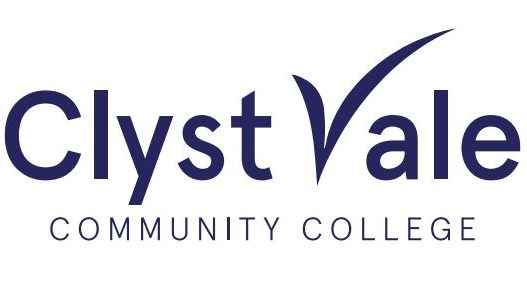Beliefs and Values

Welcome to the subject page for Beliefs and Values.
You’ll find key information including staffing, curriculum plans and contact details on this page.
Curriculum Intent
The main objective of our department is to provide challenging, varied and enriching lessons that effectively prepare our pupils for life in a culturally diverse modern world. Our department aims to promote an awareness of the usefulness of Beliefs and Values to everyday living, to encourage enthusiasm for interest in the study of other people’s beliefs and to promote mutual respect, tolerance and understanding across different cultures and communities. Clyst Vale students should be fully prepared for success in an increasingly globalised and interdependent world, and aspire to be responsible local and global citizens.
Britain is now a very diverse society; finding out about the beliefs and values of all people makes us think about what we believe, and reflect on our own choices. Students should consider how they can draw parallels to other people’s lives and beliefs and to lead them to a deeper understanding and respect of a range of ethical/religious concepts and ideas, and to challenge views which are rooted in prejudice and ignorance. As a Rights Respecting School, the United Nations Convention on the Rights of the Child is fully embedded throughout our curriculum. This helps build our students’ confidence to make informed decisions. They have a moral framework, based on equality and respect for all that lasts a lifetime, as they grow into engaged, responsible members of society. Children and adults develop an ethos and language of rights and respect around the school. Rights and principles of the Convention are used to put moral situations into perspective and consider rights-respecting solutions – this all has a huge impact on relationships and well-being. We encourage our young people to get very involved in raising awareness about social justice issues, both at home and abroad. They become ambassadors for rights and take part in campaigns and activities to help to bring about change.
We aim to encourage all of our pupils to think critically about challenging moral questions. This helps them to develop their own ideas and opinions, and ultimately shapes who they are. Learning to express our own beliefs and to listen to the views of others is an important life skill and this is something the staff within our department have a passion for. Students should leave with an open mind and a love of learning.
Beliefs and Values (RE) is a statutory subject that aims to promote tolerance and understanding of others through the exploration of different faiths, beliefs and traditions, as well as helping students to reflect upon their own ideas and opinions in response to ‘big questions’ and moral issues.
The links below take you to pictoral representations of the journey that students make through the B&V curriculum – the first summarising Key Stage 3 milestones, and the second showing the complete journey, from starting College in Year 7, to Post 16.
Schemes of Learning
KS3 Level Descriptors
Below are links to exam boards / specs and some sites useful for revision
AQA GCSE Religious Studies (A)
OCR AS Level Religious Studies
BBC Bitesize for Religious Studies
SENECA Learning for Religious Studies
-Link to subject specific website #’1
-Link to subject specific website #’2
The Beliefs and Values curriculum is enriched by a diverse range of additional events and visits, designed to bring classroom learning to life. We invite a variety of guest speakers into school to meet our students, and we also enjoy a range of excursions.
Typically, students benefit from the following additional activities:
Year 7 – we invite a variety of guest speakers from our local religious faith communities
Year 8 – a representative of St Petrock’s in Exeter comes to talk about issues surrounding homelesness.
Year 9 – students travel to London to visit an exhibition about the Holocaust
Year 10 – students meet a Buddhist speaker to discuss faith and culture. Two trips are offered, one to Southall Gurdwara Buddhist Temple in London and a second trip also takes place, usually abroad.
Year 13 – Exeter Crown Court hosts our Post-16 students for a visit which informs the Sociology component on the Criminal Justice System. We have also encouraged a range of speakers including a High Court Judge, Barrister and Prison Officer to speak to the students.
For Philosophy students, we invite guest speakers to discuss philosophical and moral issues throughout their study. We also incorporate a trip to Exeter Buddhist Temple.
+TODO add relevant stories
